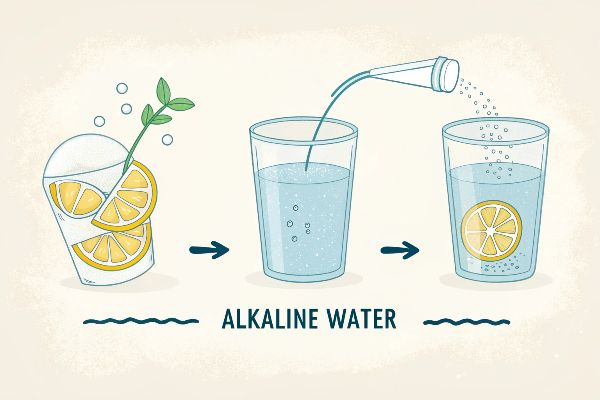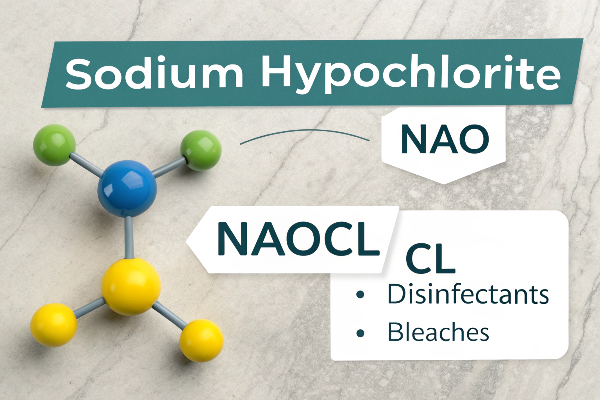In today’s rapidly industrializing world, the management of wastewater has become a critical environmental challenge. With the growth of urban populations and the expansion of industries, the amount of wastewater generated has increased dramatically, posing significant risks to our health and ecosystems. But what exactly is wastewater treatment, and why is it so vital for our future?
Wastewater treatment refers to the process of removing contaminants from water released from domestic, industrial, or commercial activities before it is reused or discharged into the environment. This process is crucial for protecting our water resources, ensuring public health, and preserving aquatic life.

What Constitutes Wastewater?
Wastewater isn’t just what flows down our drains and toilets. It encompasses a wide variety of water tainted by human use, including domestic sewage, industrial effluents, and stormwater runoff. This mix contains everything from organic waste and chemicals to heavy metals and pathogens, all of which can have detrimental effects on the environment and human health if not properly treated.
How Does Wastewater Treatment Work?
The journey of wastewater from being considered waste to becoming either safely disposable or reusable water involves several stages of treatment, each designed to remove or transform different contaminants.
- Preliminary and Primary Treatment: These initial steps aim to remove large solids and settleable organic and inorganic materials through physical processes such as screening, sedimentation, and flotation.
- Secondary Treatment: This biological treatment phase uses microorganisms to digest organic pollutants, converting them into stable solids that can be separated from the water.
- Tertiary and Advanced Treatment: Here, the focus is on removing remaining inorganic compounds, nutrients (like nitrogen and phosphorus), and any pathogens present through various chemical, physical, and biological processes.

Why is Wastewater Treatment Essential?
Treating wastewater is not just about removing unpleasant odors or unsightly pollution. It’s about ensuring the sustainability of our water resources and protecting the health of our communities and ecosystems. Here are the key reasons why wastewater treatment cannot be overlooked:
Public Health Protection
Untreated wastewater can contain harmful pathogens and toxic chemicals that pose serious health risks. Proper treatment significantly reduces the incidence of waterborne diseases and protects public health.
Environmental Conservation
Releasing untreated wastewater into the environment can devastate aquatic ecosystems, killing fish and other wildlife. Treatment processes help preserve biodiversity and maintain the balance of aquatic ecosystems.
Water Reuse
With freshwater resources becoming increasingly scarce, treated wastewater provides an alternative source for various non-potable uses, including irrigation, industrial cooling, and even replenishing aquifers.
Regulatory Compliance
Many countries have stringent regulations governing the discharge of wastewater. Treatment ensures compliance with these laws, helping avoid hefty fines and potential legal action.

Challenges and Innovations in Wastewater Treatment
While traditional wastewater treatment methods have been effective to a degree, they face challenges like high energy consumption, the production of sludge that requires disposal, and the inability to remove all types of pollutants. Innovations in treatment technologies are addressing these issues by developing more energy-efficient processes, reducing sludge production, and improving pollutant removal capabilities.
The Role of Titanium Anodes in Wastewater Treatment
In our quest for more efficient and effective wastewater treatment methods, titanium anodes coated with mixed metal oxides (MMOs) are proving to be game-changers. These anodes, utilized in electrochemical treatments, offer significant advantages:
- High Efficiency: Titanium anodes are highly effective in breaking down organic pollutants and removing heavy metals from wastewater.
- Longevity: Due to their robust construction and resistance to corrosion, titanium anodes have a much longer lifespan compared to traditional electrodes, making them a cost-effective solution.
- Environmental Friendliness: This technology reduces the need for harmful chemicals in the treatment process, lowering the environmental impact.

Conclusion
The importance of wastewater treatment in today’s world cannot be overstated. As we continue to face the challenges of water scarcity, pollution, and environmental degradation, the need for effective wastewater management becomes increasingly critical. Through ongoing innovation and the adoption of advanced technologies like titanium anodes, we can ensure the sustainability of our water resources and the health of our planet for future generations.
Wastewater treatment is not just a technical necessity; it’s a commitment to preserving our environment and ensuring a healthier future for all.





